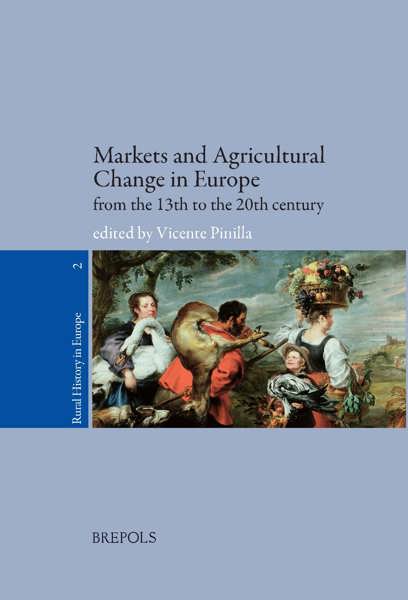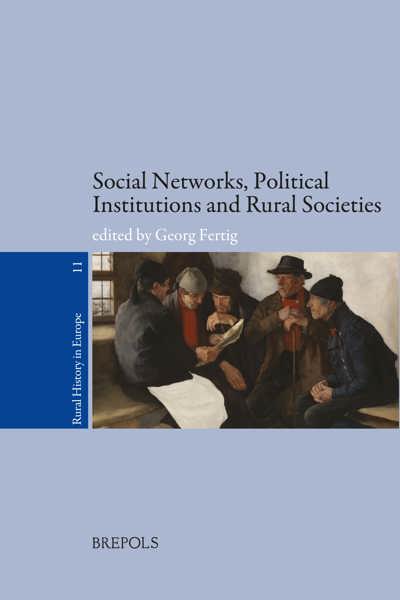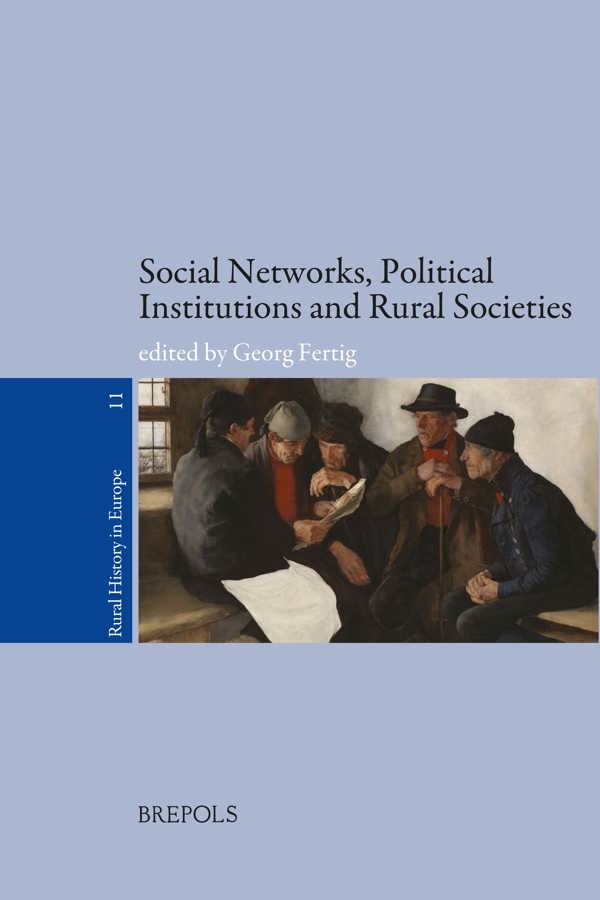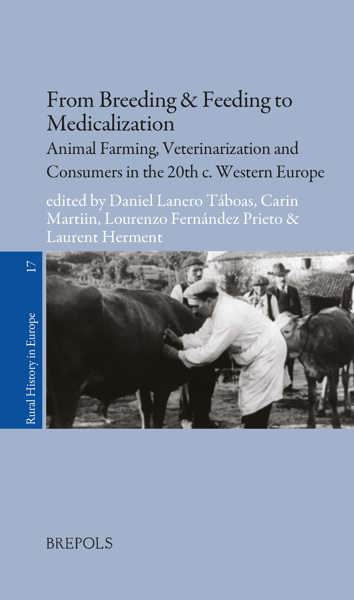
Social Networks, Political Institutions, and Rural Societies
Georg Fertig (ed)
- Pages: 310 p.
- Size:156 x 234 mm
- Illustrations:6 b/w
- Language(s):English
- Publication Year:2015
- € 85,00 EXCL. VAT RETAIL PRICE
- ISBN: 978-2-503-54804-3
- Paperback
- Available
- € 85,00 EXCL. VAT RETAIL PRICE
- ISBN: 978-2-503-55931-5
- E-book
- Available
"Gesamt gesehen haben die AutorInnen ein breites Spektrum an sozialen, ökonomischen und politischen Faktoren in ihre Analysen einbezogen und unterschiedliche Auswertungsverfahren genutzt, um Relationen und Netze sichtbar zu machen. Ein besonderes Verdienst des Bandes liegt darüber hinaus in den Forschungsdesigns, die Familie, Verwandtschaft, Patenschaft, aber auch Netzwerke, die durch andere Kriterien strukturiert sind, nicht nur in Aktion gezeigt haben, sondern vor allem hinsichtlich deren Wirkmacht in ökonomischen Transformationsprozessen. Denn, wie Clair Lemercier abschließend einfordert, kann es nicht nur darum gehen, „embeddedness“ zu konstatieren, sondern vielmehr um eine gezielte Debatte darüber, „in which way ties matter“ (S. 304)." (Margareth Lanzinger, in Zeitschrift für Agrargeschichte und Agrarsoziologie 64,2, 2016, p. 109-111)
This book is a collection of essays on social networks, social capital, and kinship in historical and contemporary rural societies. They span a wide range of European countries and historical situations, from early modern Flanders and Italy to present-day Austria and Armenia. All the essays describe in detail how people on the countryside connected with one another in formal or informal relations. In doing so, the authors use and critically discuss methods of historical interpretation, social network analysis, and econometrics. The book analyses these topics in three steps. First, the authors address whether social relations can be of economic use. Secondly, they examine the institutional conditions for such a conversion of social into economic capital, reconstructing the often unexpected ways in which the economic and social spheres were connected both in ‘pre-modern’ and in ‘modern’ settings. Thirdly, they show how political institutions were constructed out of social networks.
Georg Fertig is professor of economic and social history at Halle University in Germany. He has worked extensively on 18th and 19th-century historical demography and agrarian history.
Georg Fertig, Rural history and the analysis of social relations
Axel Wolz & Jana Fritzsch, The role of social capital in promoting agricultural incomes: First evidence from farm surveys in Central and Eastern Europe
Milada Kasarjyan & Gertrud Buchenrieder, Social capital in Armenia
Thijs Lambrecht, Unmarried adolescents and filial assistance in eighteenth-century rural Flanders
Ulrich Pfister, Johannes Bracht, Christine Fertig & Georg Fertig, Life course strategies, social networks, and market participation in nineteenth-century rural Westphalia: An interpretative essay
Cristina Munno, Land at risk: Distribution of common land between networks and elites in nineteenth century Veneto
Guido Alfani, Closing a network: A tale of not-so-common lands (Nonantola, sixteenth to eighteenth centuries)
Ernst Langthaler, Actor-networks, credit markets and the Nazi state: Monetary relations in Austrian rural societies, 1938-1945
Gertraud Seiser, Changing forms of cooperation in persistent peasant networks. The case of te Mühlviertler Alm, Austria
Sandro Guzzi-Heeb, Family affairs? Kinship, social networks and political mobilisation in an Alpine village, 1840-1900
András Vári, Finding a match: Credit, co-operatives and local societies in Hungary around 1900. A preliminary report
Claire Lemercier, Formal network methods in history: Why and how?




